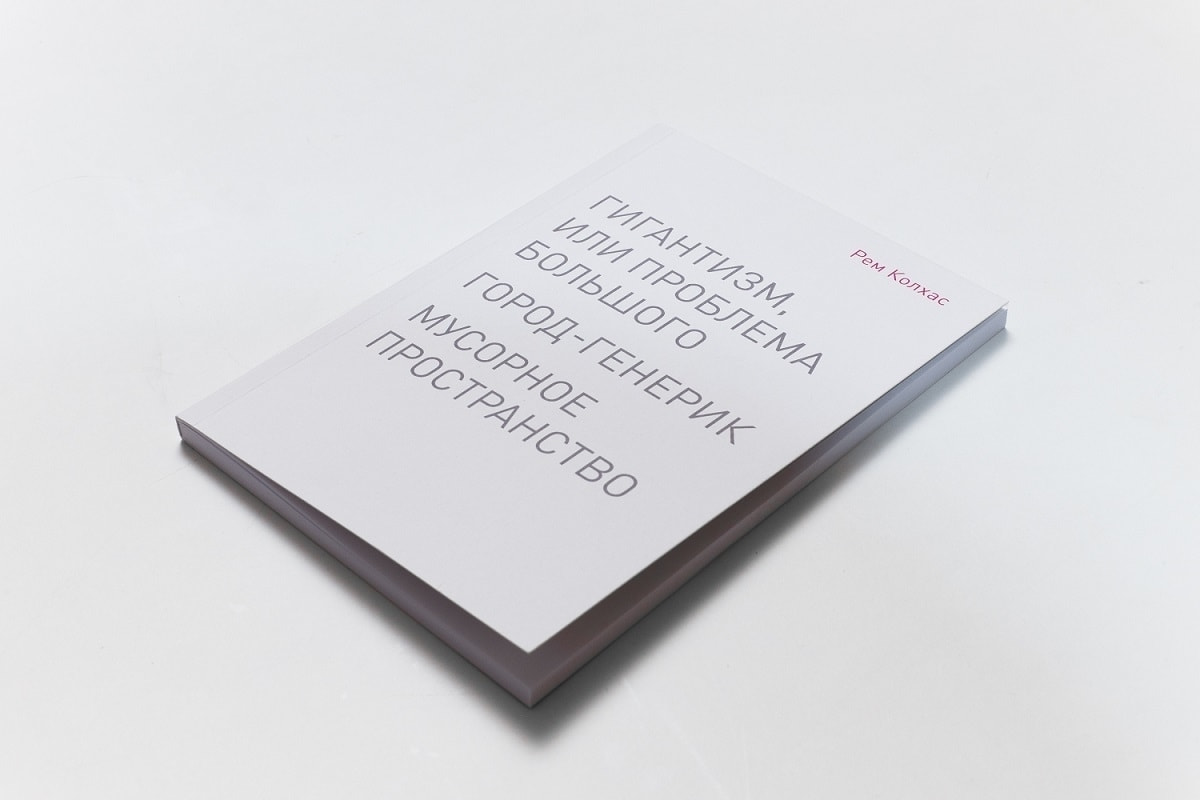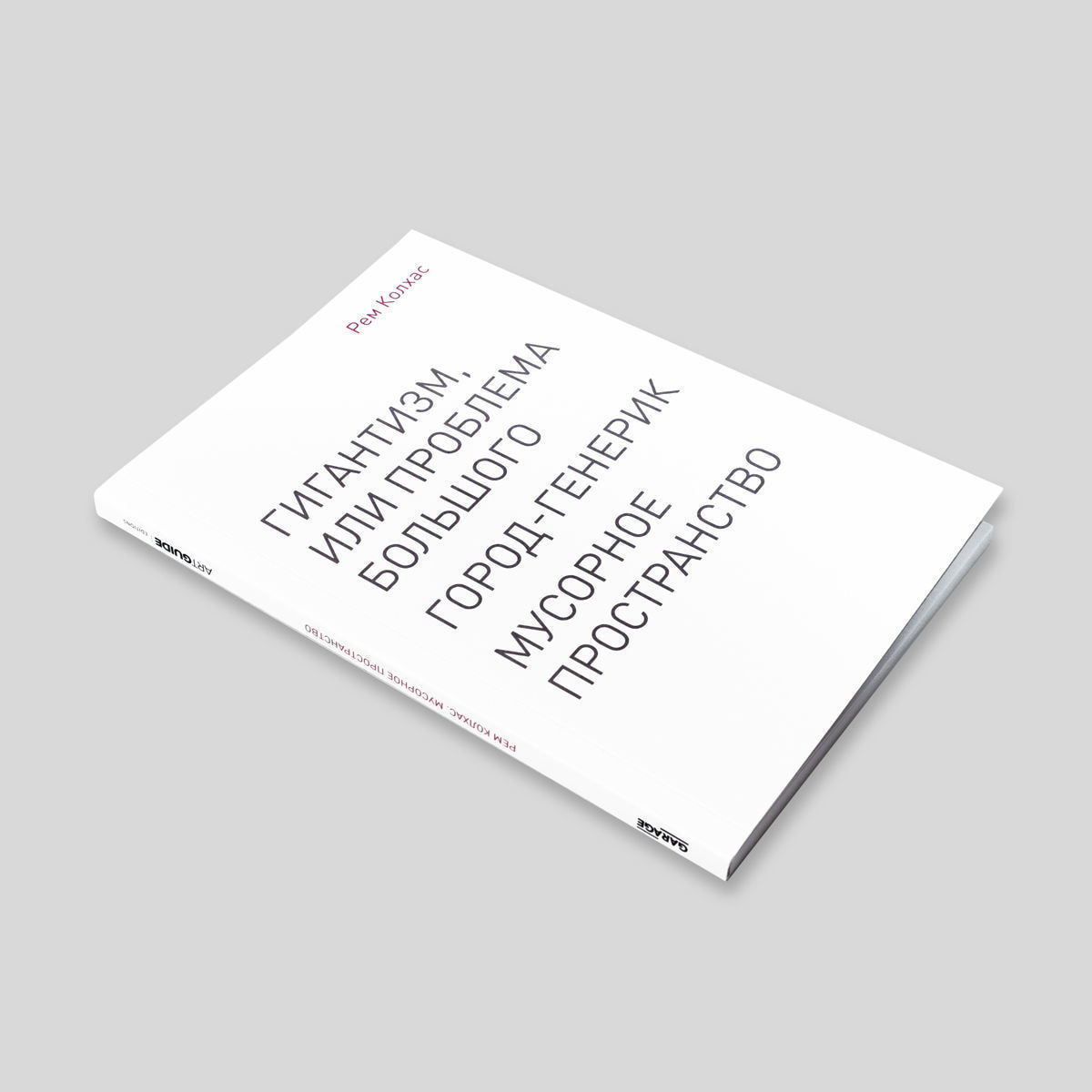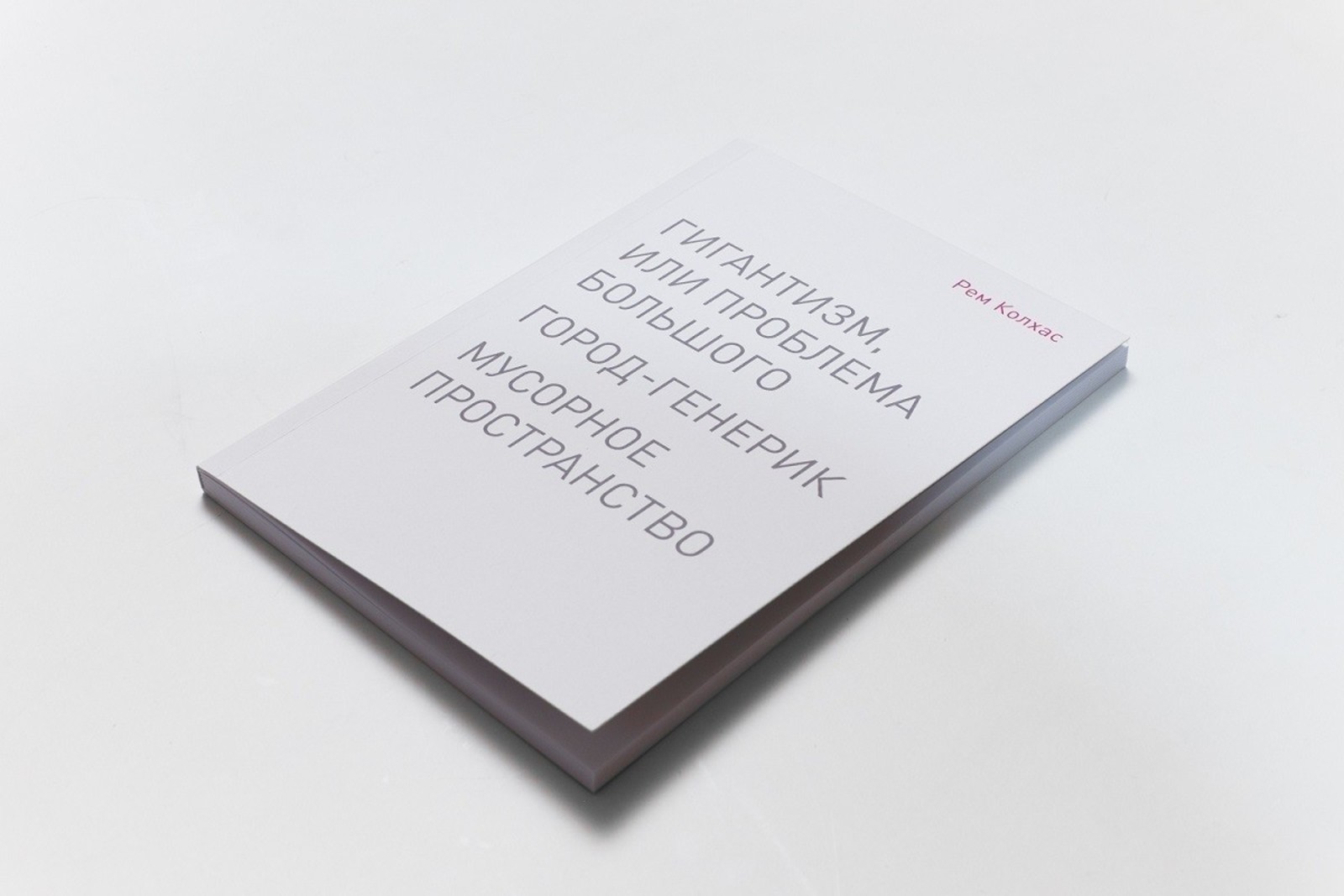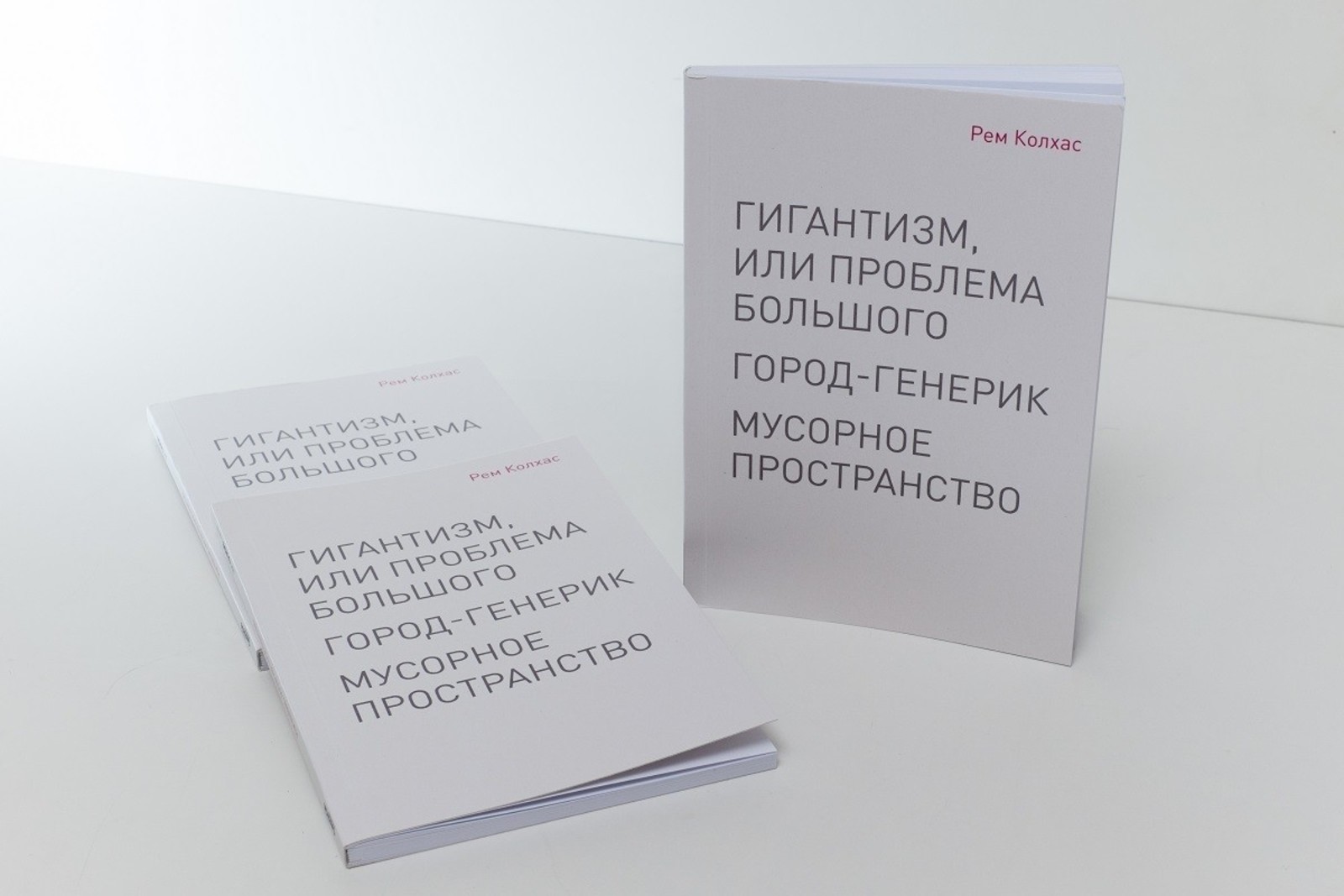In these three essays, the famous architect Rem Koolhaas presents a critique of contemporary urbanism and city building.
What is Junkspace and why do we need to know about it? Well, Junkspace is where you live. Only, you probably don’t know it yet.
Garage presents “Junkspace,” a publication comprising three essays by Rem Koolhaas. In “Bigness, or the Problem of Large,” “Generic City,” and “Junkspace” the renowned architect proceeds from the premise that architecture as we know it has ceased to exist, and whatever has taken its place is yet to be identified and analyzed. Determined to become a pioneer in this endeavor, Koolhaas sets out to study the problem.
In “Bigness, or the Problem of Large” Koolhaas argues that bigness has become the definitive trait of contemporary architecture, and total transparency its ideology. The new buildings emerging in cityscapes worldwide are characterless and standardized, with no clear function, and larger than they need to be. These faceless, bland, random buildings grow out of projects prepared by teams, where the signature of the author gets lost, and where no attention is paid to how the structures blend with the city skyline; they become separate entities, leading to a “rich orchestration of chaos.”
Koolhaas proceeds to list the features of the modern “Generic City” – for instance, the airport and the omnipresent air-conditioning – that is being constructed as a simplified and sterile copy of a recognizable cityscape while we watch helplessly on. Architecture is tired, and the architect’s role no longer the same, the author concludes.
In “Junkspace,” Koolhaas explains how the contemporary architecture of shopping malls and business centers devalues architectural contexts. Huge and full of absence, Junkspace follows no rules; it has no inherent order, and no connections between its parts. In Junkspace, cities of production and consumption grow to reach the climax of modernism, leaving the inhabitants no chance of escape.
All three essays presented in this book compliment each other in most unexpected ways, providing a critical approach to town planning and contemporary architecture.



